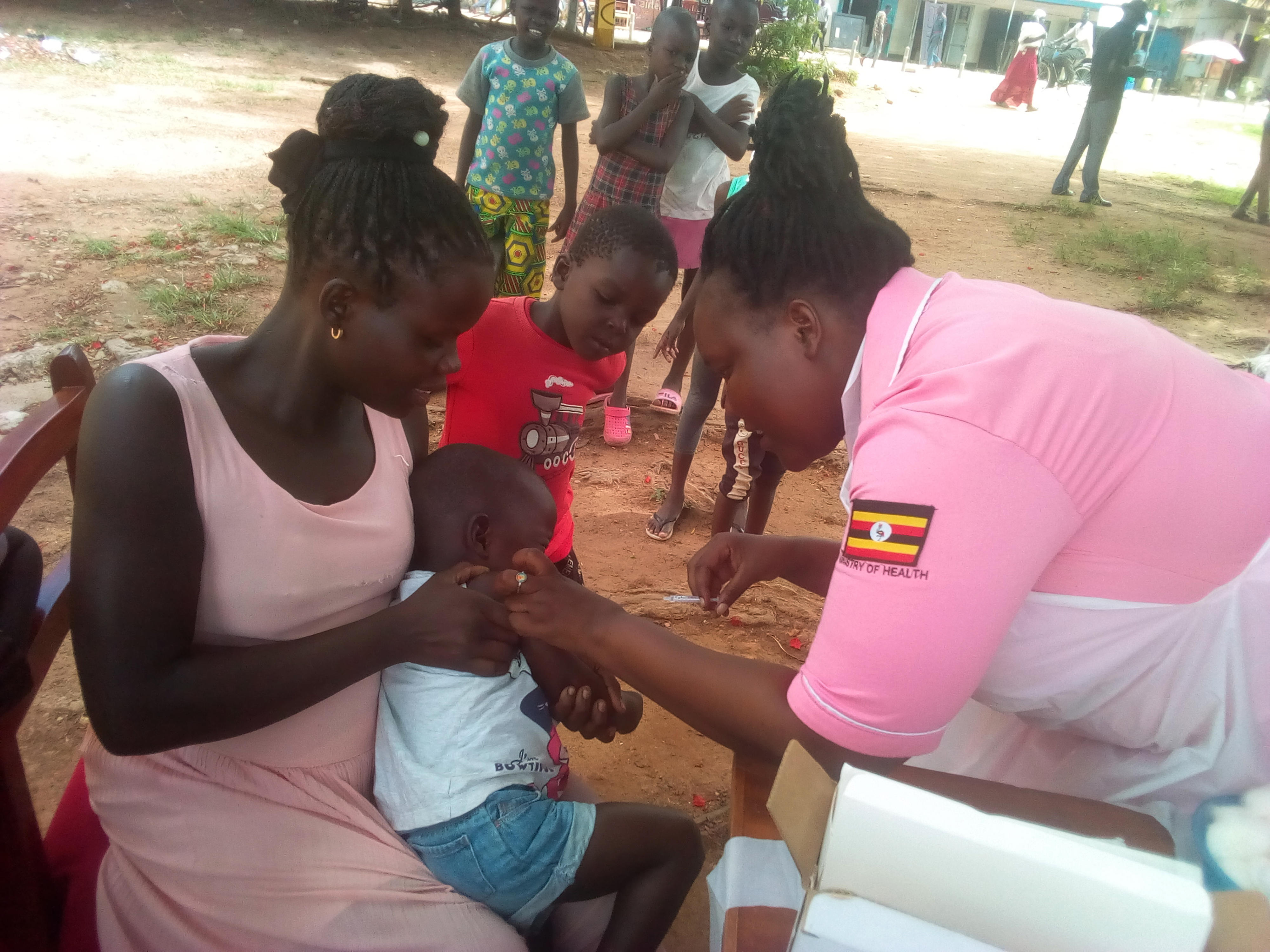Prime
Dr Atwine blames healthcare gaps on uncontrolled population growth

Dr. Diana Atwine, the Permanent Secretary of the Ministry of Health, speaks during the learning and transition meeting organized by the UK-funded family planning initiative (RISE) in Kampala on August 5, 2024. Photo/Marie Stopes Uganda
What you need to know:
- Mr Philip Smith, the Development Director of the British High Commission in Uganda, stated that the UK government would continue supporting Uganda’s efforts to improve health outcomes and economic empowerment through strategic partnerships and initiatives.
The Health Ministry’s Permanent Secretary has attributed the delays and low quality of care experienced by Ugandans in public health facilities to uncontrolled population growth.
Dr Diana Atwine, while speaking at a national conference organised by leaders of the UK-funded family planning initiative (RISE programme) in Kampala on Monday, indicated that the growth of the health system is lagging behind the rapid increase in population.
“There’s a very high population rise. Every year, our deliveries alone in our facilities, we have more than 1 million babies per year. Many births also occur outside the facilities. So, that calls for a serious discussion of all players,” she said.
“This [population increase] has a good side, but also it has a big challenge because it's not productive, it is a consumptive population. And that puts us in an awkward situation, especially in health services. Because that's when you see overcrowding of mothers scampering around the facilities, to deliver. That's why we see people running out of space and even getting to floor cases. That's why even small facilities such as Health Center IIs which are not supposed to be delivering women as per standards, are providing the services because of the pressure of the population on existing facilities,” she added.
According to government data, there has been an increase in the uptake of modern contraceptives to help reduce fertility rates.
“In 2016, contraceptive use was at 35 percent; by 2022, it had risen to 38 percent. However, this remains sub-optimal. We may now be nearing 40 percent,” Dr Atwine noted, emphasising the need to address teenage pregnancies, especially in rural areas.
In his remarks, Mr Philip Smith, the Development Director of the British High Commission in Uganda, stated that the UK government would continue supporting Uganda’s efforts to improve health outcomes and economic empowerment through strategic partnerships and initiatives.
“The UK’s partnership with Uganda has a firm focus on fostering the growth of Uganda's economy by empowering women and girls. Alongside our support for girls’ education, eliminating gender violence, creating jobs and supporting female-led businesses, the UK is also helping to give women and men a choice about when they have a family. We are working alongside communities across Uganda to tackle high rates of teenage pregnancy, domestic violence and maternal deaths,” he said.
“We are proud of the success of the RISE programme, which has provided nearly 60 percent of all family planning services delivered in Uganda. As a longstanding partner to the Government of Uganda, we will continue to support improvements in the health sector, especially in ending the preventable deaths of mothers and children,” he added.
The RISE Programme, or Reducing High Fertility Rates and Improving Sexual Reproductive Health Outcomes in Uganda, was a six-year initiative implemented between 2018 and 2024, with a contract amount of £28.17 million (about Shs1.1 trillion).
Dr Peter Ddungu, the Deputy Country Director of Marie Stopes Uganda, highlighted the improvements in access to contraceptives brought about by the RISE programme.
"When we started the RISE programme, long-acting contraceptive methods were not supplied to HC III level facilities by the National Medical Stores. Five years later, the commodity kit for family planning now includes these long-acting methods. This shift demonstrates that the country has recognized the capacity of public health facilities to provide these services, a result of the mentorship and support provided by Marie Stopes throughout the programme,” he said.




